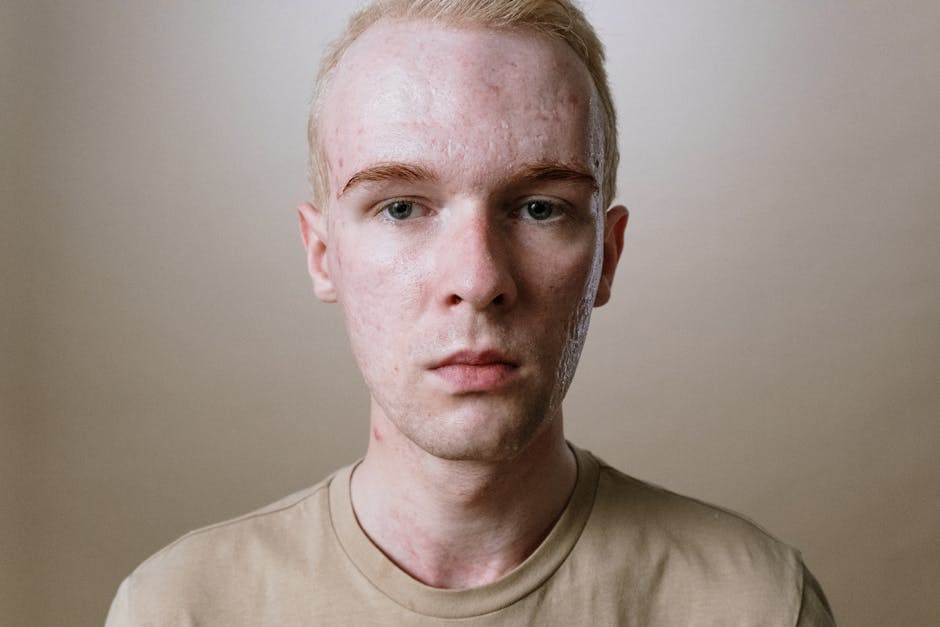Acne is a common skin condition that affects millions of people worldwide. It occurs when the hair follicles in the skin become clogged with oil and dead skin cells, leading to the formation of blackheads, whiteheads, pimples, or cysts. While acne is not a serious medical condition, it can be a source of significant emotional distress for those who experience it.
**Causes of Acne**
The primary cause of acne is an overproduction of sebum, an oily substance produced by the sebaceous glands in the skin. This excess sebum can combine with dead skin cells to form a plug that blocks the hair follicle, creating an environment where bacteria can thrive. The bacteria then multiply and cause inflammation, resulting in the formation of acne lesions.
Other factors that can contribute to acne include:
* Hormonal changes, particularly during puberty
* Certain medications, such as birth control pills or corticosteroids
* Stress
* Diet, although the specific role of diet in acne development is still debated
**Treatment Options for Acne**
The treatment for acne depends on the severity of the condition and the individual's skin type. Over-the-counter (OTC) medications, such as benzoyl peroxide or salicylic acid, can be effective for mild to moderate acne. These medications work by killing bacteria and reducing inflammation.
For more severe acne, prescription medications may be necessary. These include antibiotics, topical retinoids, or oral isotretinoin. Antibiotics work by killing bacteria, while retinoids help to clear clogged hair follicles and reduce sebum production. Isotretinoin is a powerful medication that is used for severe, cystic acne.
**Lifestyle Modifications**
In addition to medication, certain lifestyle modifications can help to improve acne. These include:
* **Cleansing:** Washing the face twice daily with a gentle cleanser can help to remove excess oil and dirt.
* **Moisturizing:** Using a non-comedogenic moisturizer can help to keep the skin hydrated without clogging pores.
* **Sun protection:** Sun exposure can worsen acne, so it is important to wear sunscreen daily.
* **Stress management:** Stress can trigger acne flare-ups, so finding healthy ways to manage stress can be beneficial.
**Conclusion**
Acne is a common skin condition that can affect people of all ages. While it is not a serious medical condition, it can be a source of significant emotional distress. By understanding the causes and available treatment options, individuals can effectively manage their acne and improve their skin health.

